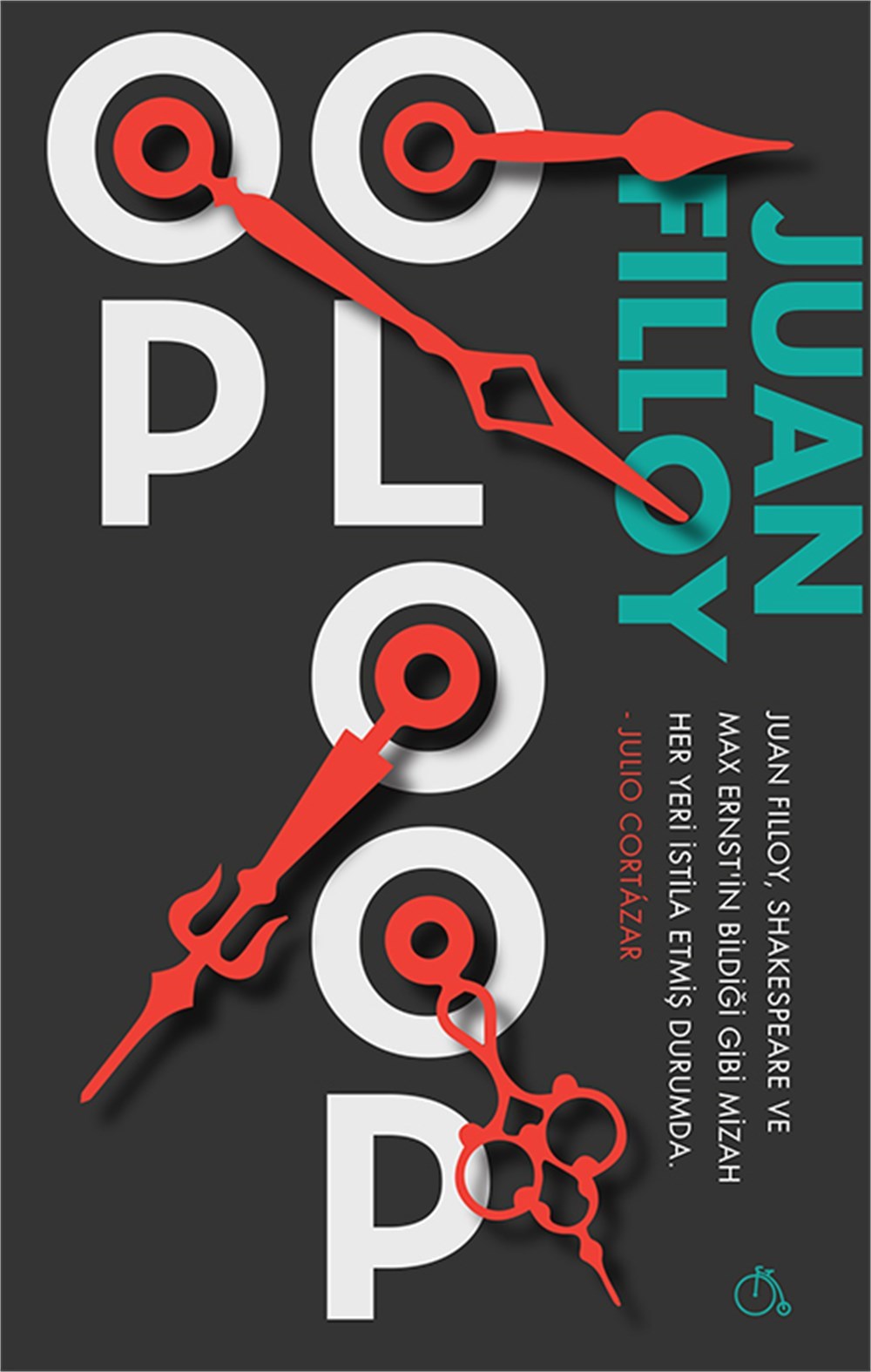What do you think?
Rate this book


240 pages, Paperback
First published January 1, 1934



A playful and unpredictable masterpiece of Argentinean literature, raising comparisons to Ulysses and serving as a primary inspiration to authors such as Julio Cortázar and Alfonso ReyesOp Oloop was the first novel of Argentine author Juan Filloy. Originally privately published in 1934, it was first translated and made available in English in 2009 through the fine efforts of Dalkey Archive Press. Through the course of his 106 year life, Juan Filloy wrote 55 novels, every one of them having a title consisting of exactly 7 letters. This book, as of now, is the only work of Filloy to be available in English, which is, as is the case with many untranslated authors, goddamn absurd.-From Dalkey Archive Press
”I hear and see my failures at all times, and with absolute accuracy. And I suffer, unable to defeat my undignified genius, strangling everything from the tiniest whims to the most overwhelming urges. And yet… I find that a new insurrection, timid yesterday, implacable today, is trying to create chaos in the already crowded house of my mind. To no avail. Constraint has long since castrated my need to be something in the eyes of the world. Instead I’ve only managed to be some thing”Let’s start briefly, with the “comparisons to Ulysses” thing. It’s fair in its own way. Filloy was a polyglot, and makes all references in Op Oloop in their original language, with no footnoting. Op Oloop, in addition, takes place in a single day, is playful in its use of language, while also being difficult to consume thanks to its author’s love of obscure and underutilized words. It is both mannered and vulgar, and stands on the edge of stodgy conservatism and heady modernism. It is also, at times, quite funny. Unlike Ulysses though it is heavily front loaded – the reader is basically overwhelmed by Filloy’s prose for the first 100 or so pages before the book is bogged down by a lengthy dinner scene where much of the playfulness (though, thankfully, not the humor) is set aside. The final fourth or so of the book returns to the strength of the opening pages. So it’s a bit inconsistent, which is fair for a first novel. In fact, the strength of the opening and closing sections is fairly amazing for a first novel. Also, unlike Ulysses, much of this book shows its age (the opening hundred pages or so being, again, the exception), and while it starts out feeling fairly timeless (it wasn’t until the middle section that I even looked up who Juan Filloy was and recognized when the book was originally written) it ends up feeling very much of a time and place. Unfortunately, that time and place is basically a decade earlier than when it was written. I think that a better comparison – instead of Ulysses – is more to Zeno's Conscience, an amazing work, but one of less significance and lasting importance than Ulysses. Filloy’s prose simply strikes me as being closer to Svevo’s, and Oloop compares closer to Zeno than to Bloom.
[...]the fictions we inhabit frequently change course when these narratives become interpersonal.Isn’t Dalkey supposed to be publishing another Filloy work soon? Get the hell on with it.
“Человек, знающий о своих недостатках и не признающий их, встает на путь провала. Завтра, когда погрешность войдет в систему, будет слишком поздно: несовершенство пропитает меня своей низостью.”(с)
"Любовь — это особый вид психоза, который напитывает собой души и подчиняет себе разум сразу двух живых существ. Если она поражает только одного человека, это не любовь, а желание, страсть. Только благодаря духовной и феноменологической близости возлюбленная чувствует побудительные мотивы и чувства возлюбленного, понимает, несмотря на удушающую окружающую нормальность, что видит и чем одержим ее возлюбленный одержимый провидец.” (с)